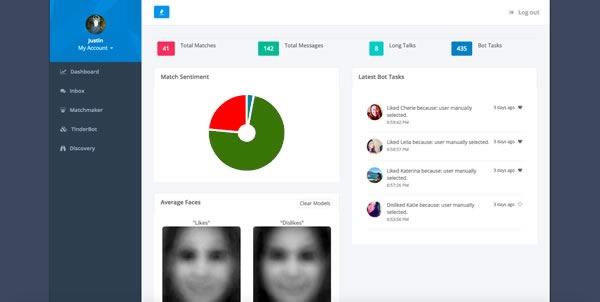… what advice would I give…? Well first I would watch the video above!
This is a question I ask myself after reading the Guardian’s post about writing tips for dyslexic kids. I think myself and Tom are pretty much in agreement, but here’s my thought alongside his top liners.
Tip 1: sometimes the things we struggle with can be the most rewarding.
I struggled with writing for many many years and now I write almost every single day and publicly. Many of non-dyslexics fear writing publicly but I do it for myself. Its hard when you get people picking holes in your own words but keep going it is very rewarding. Its the grit of getting knocked and coming back stronger, which will make you stronger in the future.
Tip 2: never be afraid to think visually.
Absolutely, and its important not to feel ashamed for thinking differently. You are gifted in many ways. visual and spacial thinking is beautiful and fascinating. The medium still needs to catch up but push it and make it work for you. I’m no longer waiting, I’m building it to suit me. You should do the same.
Tip 3: Try not to get annoyed and throw a book/custard pie/tantrum at anyone who corrects your reading*.
They just don’t understand and will never understand how painful it is having people corrected over and over again. Its not you being dumb, its only one disadvantage, in a massive arsenal of advantages. Feel better by doing something you love straight afterwards if you feel the need to get very upset.
Tip 4: don’t be afraid to surround yourself by what you love.
If you are not doing what makes you happy find ways to escape, ultimately it will make you unhappy. Treat it as a problem which needs to be solved in the most creative way you can. This also applies to people as well. If somebody is making you feel rubbish, tell them and if they still won’t listen, avoid them, basic communication till they change. Love is passion and underestimated by many
Tip 5: if anyone goes at your work with a red pen, grab it off them, snap it in two and throw it out of the window, then ask them to read what you have written, rather than correct it.
Absolutely! Recognise that its always easier to pick holes and correct than start. Put a blank piece of document/paper in front of them and ask them to start writing, see how they get on with the pressure. Conformity is boring and will make you ultimately unhappy.
Tip 6: poetry often works to a structure, you know that a certain line rhyme with another, it makes you think about words. It’s like the foundations of a house are laid out in front of you, and you have to add the walls and roof.
Poetry can be messed with, there is plenty of room for your creativity. The constraints are there to drive creativity not hinder it. Think on your feet and don’t try and emulate somebody else.
Tip 7: don’t be scared of a blank piece of paper, it’s the best thing in the world.
A blank paper, screen, wall, etc are a world of possibilities. Its waiting for your ideas and inspiration. Make your mark and never apologise for making a mark/your mark.
Tip 8: learn about what dyslexia is, read about it, you’ll find yourself going “I totally do that!” quite a lot. There are many others like you, all of them probably have felt isolated, stupid, like they didn’t belong at some point too.
There are others like you and me. If you understand the advantages and disadvantages, you can learn where you’re strengths and weaknesses lye. There are some great people who are dyslexic, but even better you can help others.
Tip 9: writing is about you, they are your thoughts, the things you have to say, and those can never be wrong.
No matter what people say, don’t feel the need to censor yourself and write personal things in somebody elses voice. Be creative with your words and don’t be ashamed when making up new words. Just put some quotes around it, like “thingybob” and then define it.
Tip 10: stop reading this and go write something amazing.
Agreed… and never be ashamed of your writing and voice.. Anthony below further expands on the themes above…








